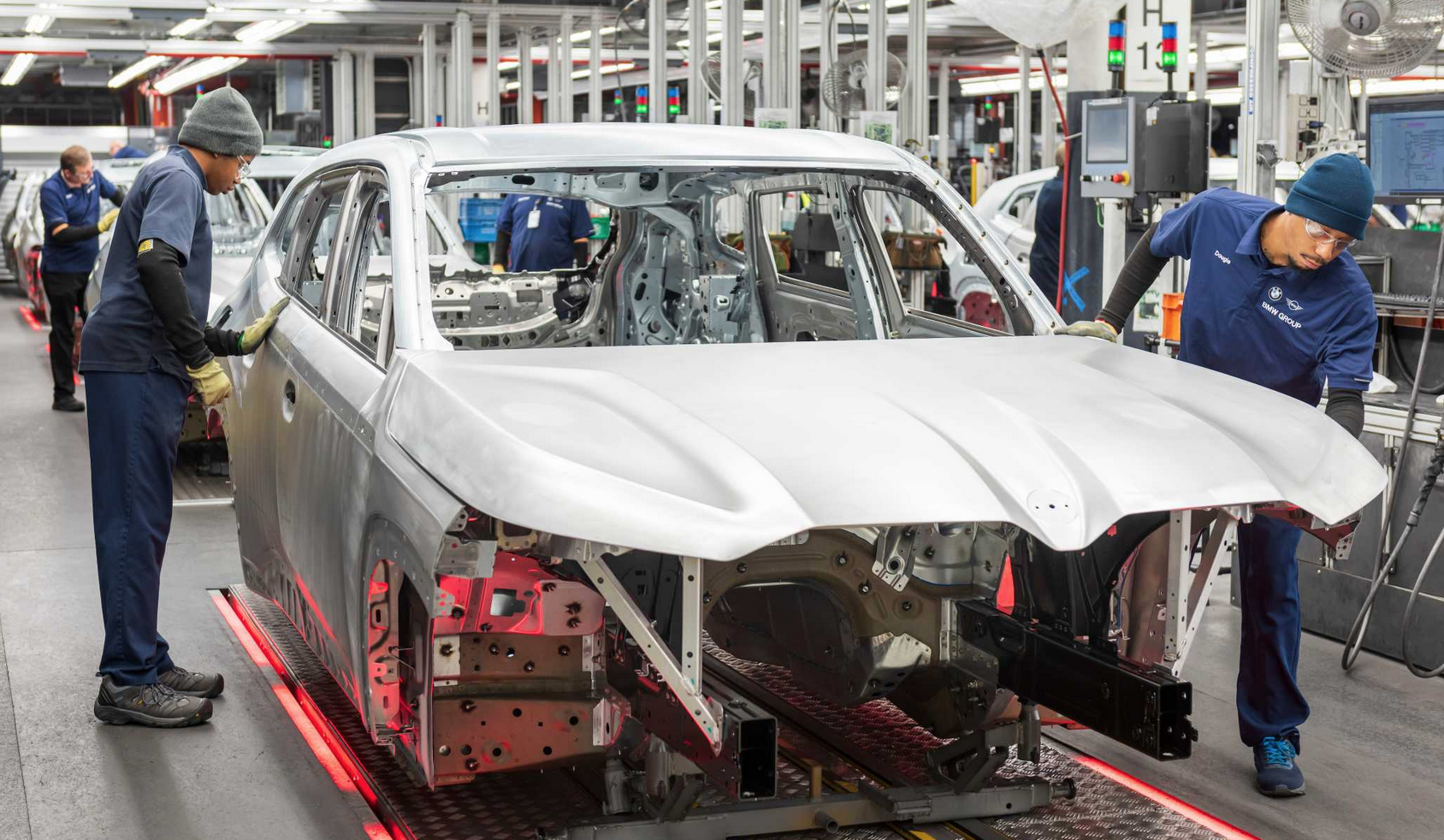
BMW Group to source aluminum from sustainable production

BMW needs 600 000 tons of aluminum every year. It will try to use more secondary material and produce it in a more sustainable way /BMW
The BMW Group intends to source aluminum with significantly reduced CO2 emissions from Rio Tinto’s hydro-powered operations in Canada star


Comments
Ready to join the conversation?
You must be an active subscriber to leave a comment.
Subscribe Today